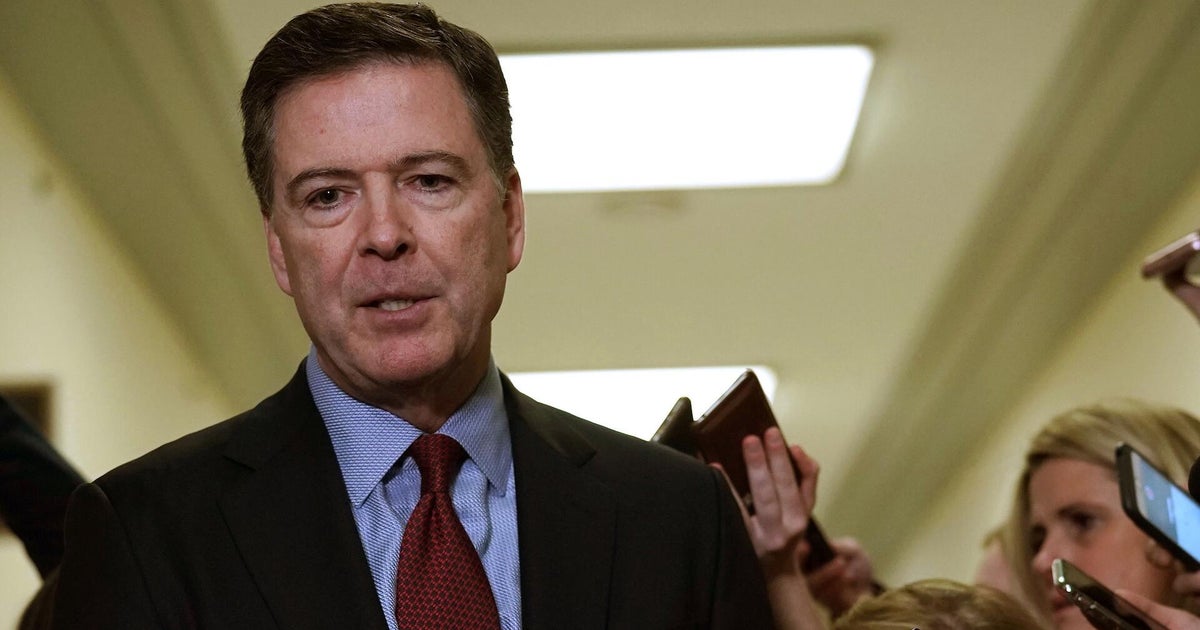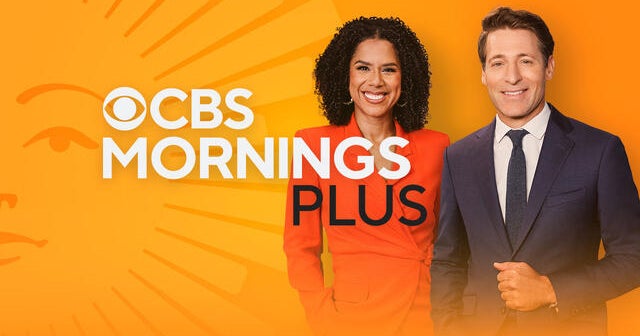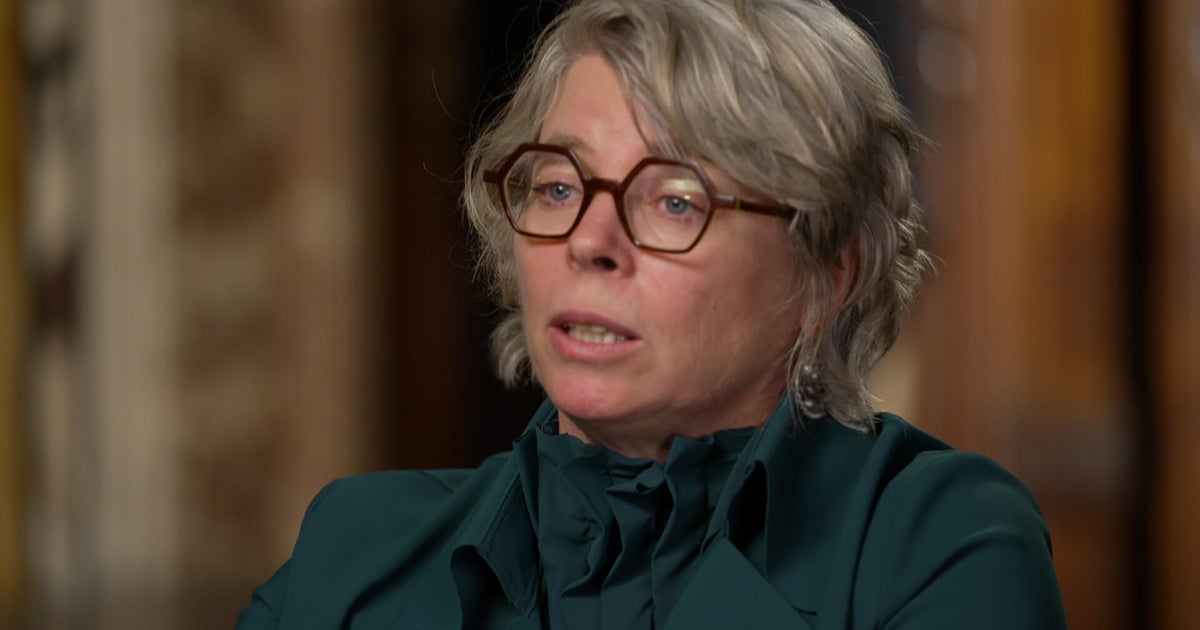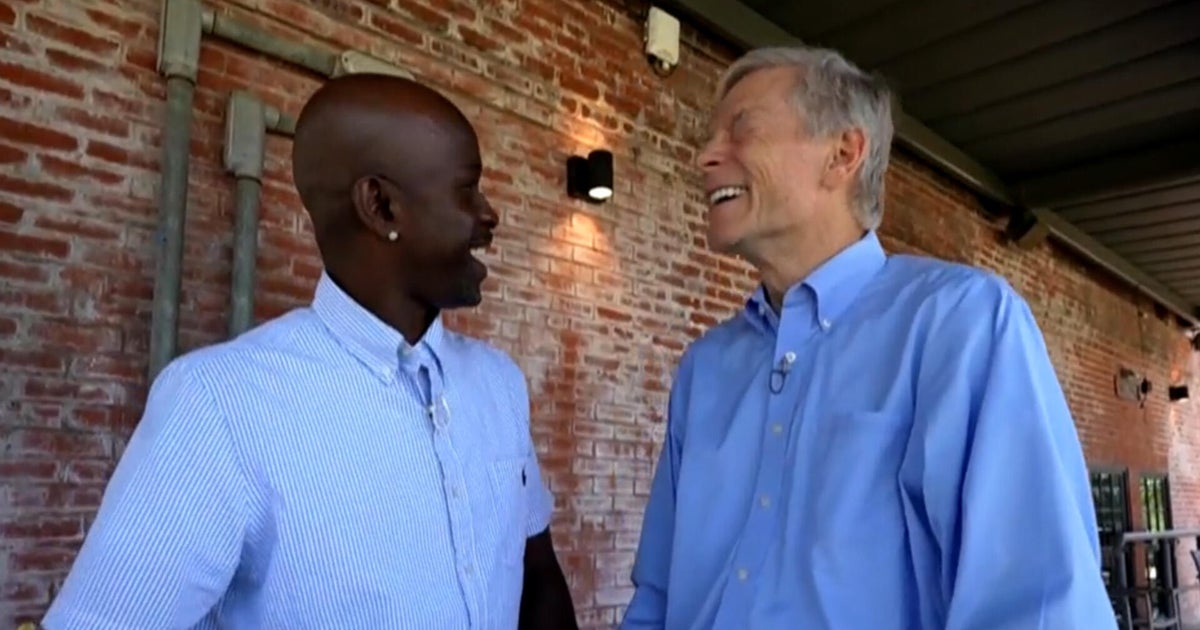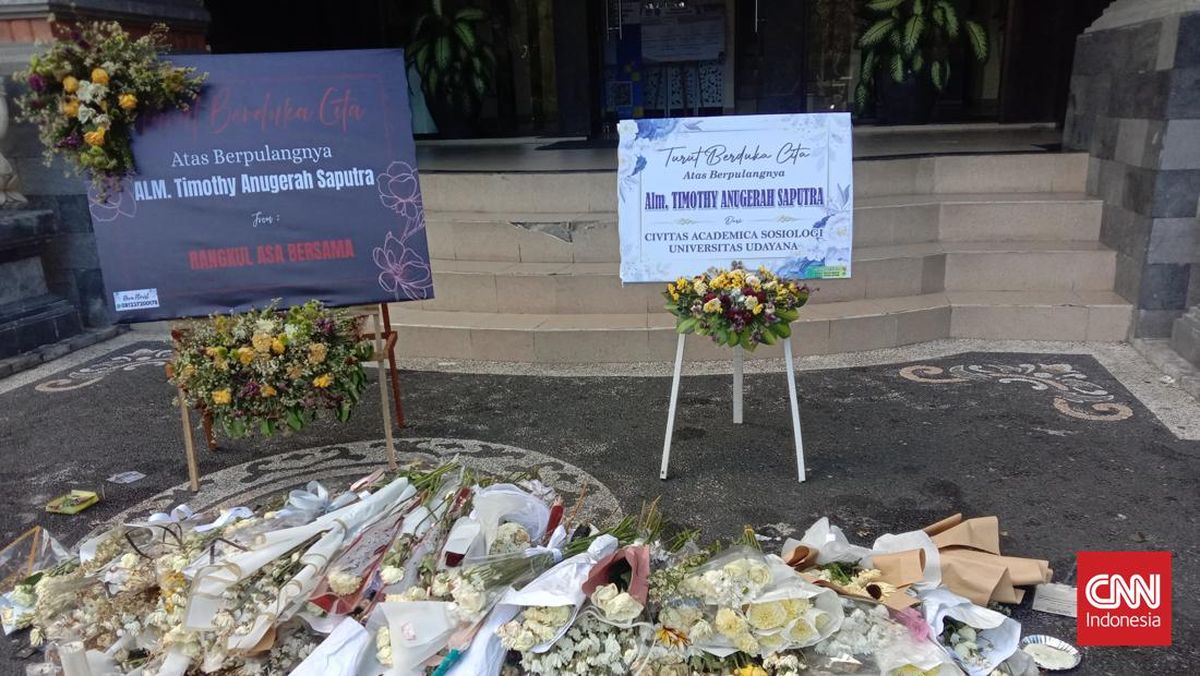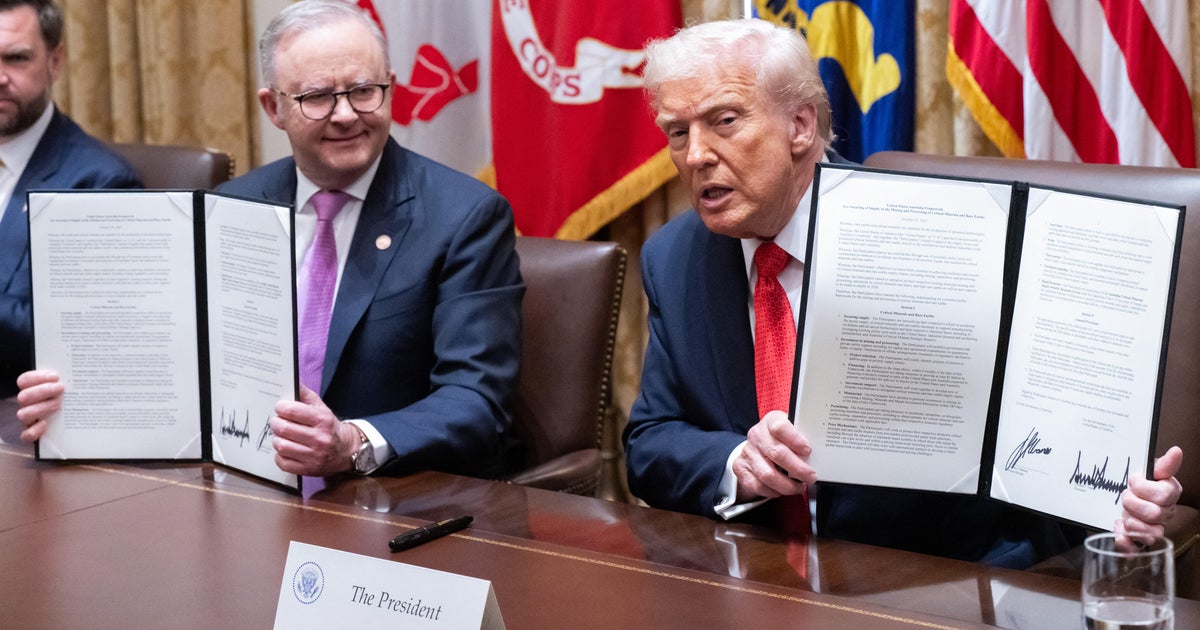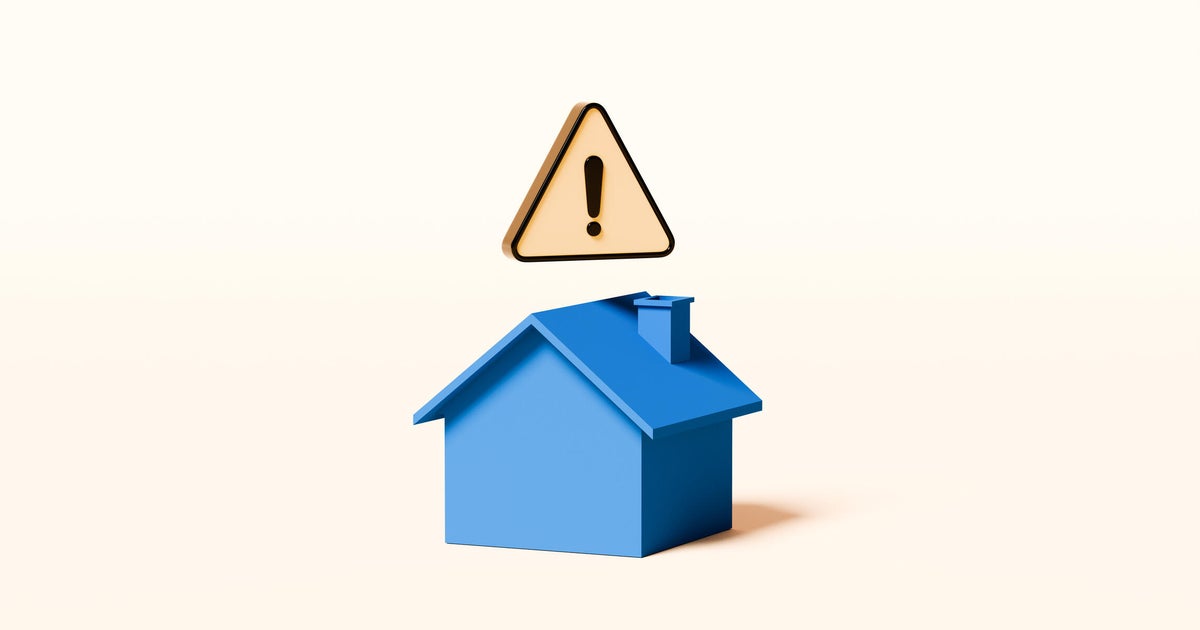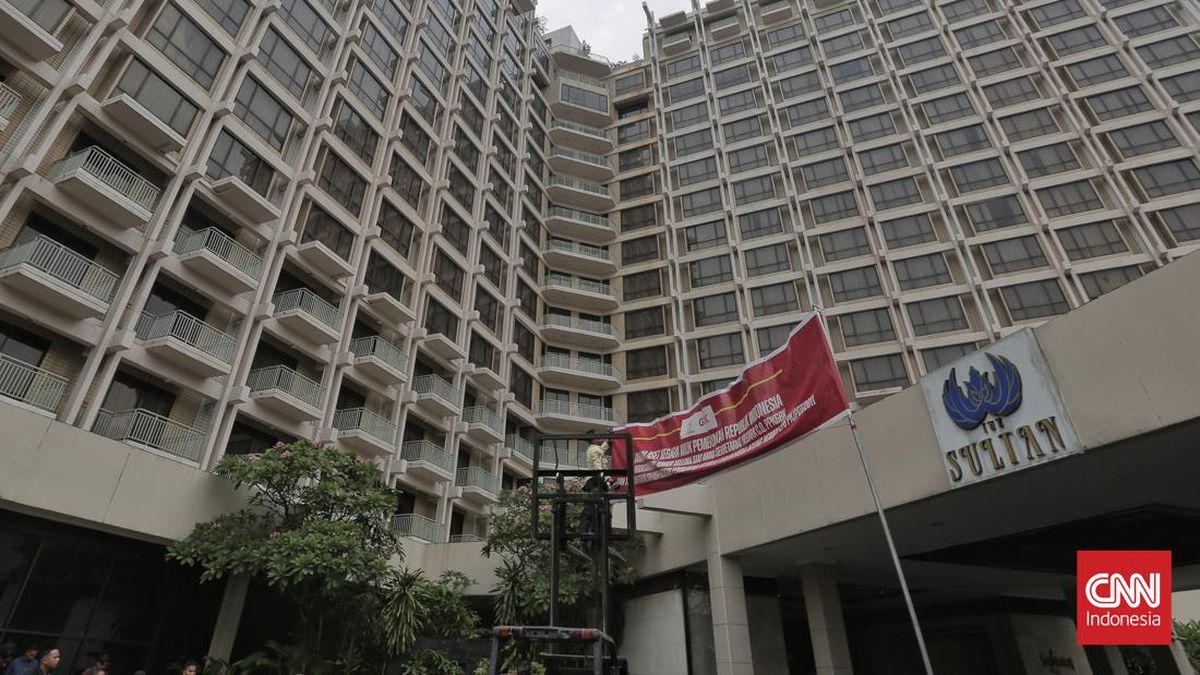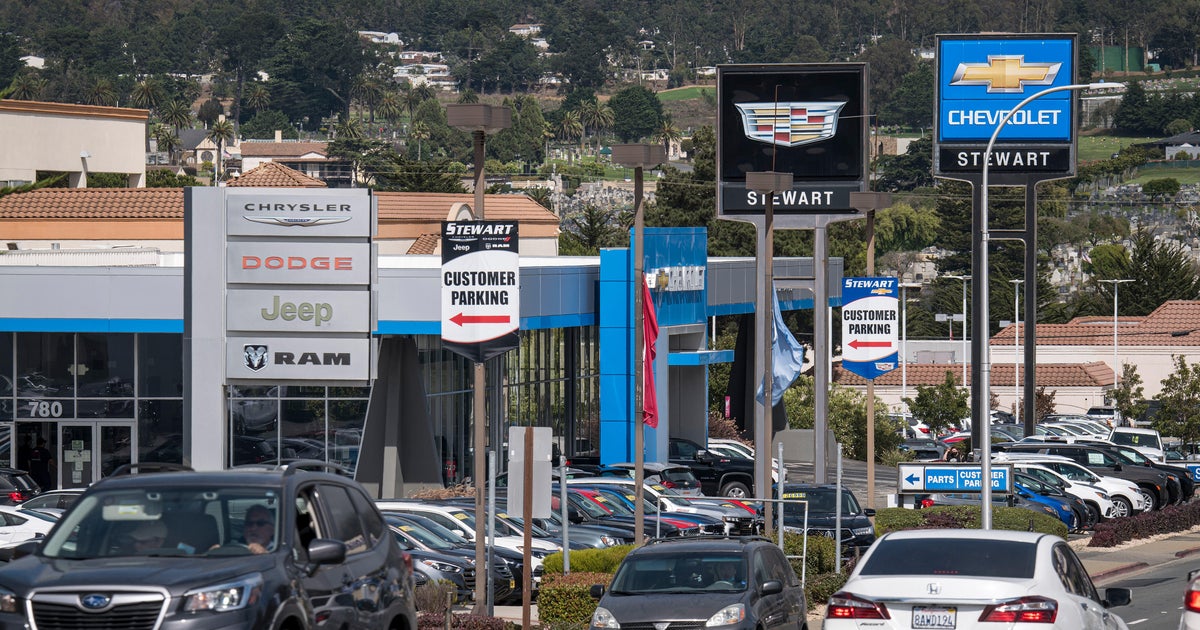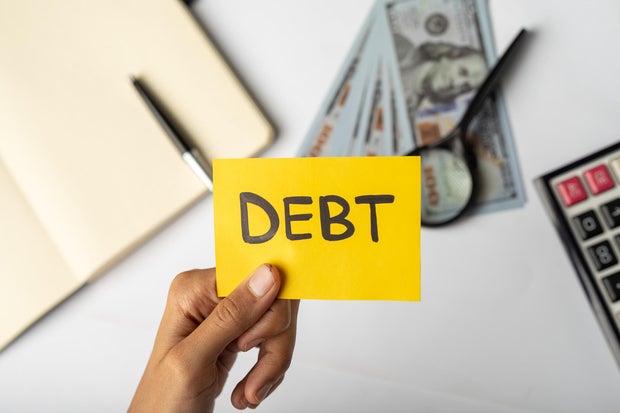 Walking away from a debt settlement program creates a cascade of financial consequences that could cost you more than expected.
Muhammad Aqib/Getty Images
Walking away from a debt settlement program creates a cascade of financial consequences that could cost you more than expected.
Muhammad Aqib/Getty Images
In today's high-rate environment, debt settlement programs, also known as debt forgiveness, have become increasingly popular. These programs, which are typically structured over two to four years, allow borrowers who can no longer afford their debt to try and settle it for less than what's owed. During the process, borrowers make one monthly payment to a debt relief company while it negotiates with creditors on lower lump-sum payoffs. In other words, it's a structured, strategic way to regain control.
As with any relief strategy, though, consistency is key. The monthly payments made to these programs are what fund the lump-sum settlement offers, so it's crucial that those enrolled remain consistent with meeting the program requirements. That isn't always possible, however. The reality is that life happens, and for some program participants, keeping up with the program's payments or timeline can prove challenging over time. If that happens, dropping out can be tempting, especially if money gets even tighter or the progress feels progressively slower.
That's rarely a good idea, though. Missing payments or quitting the program early can derail your progress and undo the benefits you've already built. But what exactly happens if you stop making payments or decide not to complete your debt settlement program? Below, we'll detail what to know.
Find out how you can start the credit card debt forgiveness process today.
What happens if you don't complete a debt settlement program?
Walking away from a debt settlement program creates a cascade of financial consequences. First and foremost, any debts you haven't yet settled remain fully owed, with interest and late fees continuing to accumulate. And, if you've been in the program for months or years, those balances may have grown significantly larger than when you started.
The money you've deposited into your settlement account typically belongs to you, but accessing it isn't always straightforward. Debt relief companies charge fees for their services, which may be deducted from your account. You'll likely receive what's left, but it may be less than you deposited as a result. Meanwhile, the debts you thought you were addressing will continue to get worse as the interest compounds and the balance grows.
Your credit score, which probably took a hit when you stopped making regular payments as part of the settlement strategy, won't magically recover, either. In fact, it may continue to deteriorate. The creditors you haven't settled with can still pursue collection activities, including potential lawsuits. Some may have already charged off your debt and sold it to collection agencies, meaning you're likely to start dealing with even more aggressive collection efforts as a result.
The potential tax implications can also come as a surprise. If you managed to settle one or two of your debts before dropping out, the forgiven amounts may still be considered taxable income by the Internal Revenue Service (IRS). So, you could receive 1099-C forms for cancelled debt, creating a tax bill you weren't prepared for on top of all your unsettled obligations.
Perhaps most frustratingly, though, is that dropping out means you've spent months or years in a difficult financial position without achieving the relief you were working toward. That means the sacrifices you made, like the budgeting, the stress of collector calls and the damaged credit, happened without the payoff of actually becoming debt-free.
Learn how the right debt relief strategy can set you on a path to becoming debt-free now.
Why sticking with a debt relief plan can pay off now
In today's economic environment, with sticky inflation affecting the cost of everything from groceries to rent, carrying unsecured debt has become increasingly burdensome. Credit card interest rates are sitting at record highs on average, and as the interest compounds at those rates, it can make it nearly impossible to pay down your balances through minimum payments alone. By only making the minimum payments, you're essentially paying the interest while the principal barely budges.
This is precisely why completing a structured debt relief program is so valuable right now. Whether it's debt settlement, debt management or another approach, these programs provide a roadmap out of debt that accounts for your actual financial capacity. They create a finish line that you can actually reach, rather than treading water indefinitely while interest charges eat away at any progress.
And, the alternatives, like continuing to make minimum payments or defaulting entirely, often cost far more in the long run. But a completed debt settlement program typically resolves debts for less than you owe and gets you to debt-free status in just a few years, despite its impact on your credit. Compare that to the decade or more it might take to pay off high-rate credit cards with a traditional approach, assuming you can even keep up with the payments.
Successfully completing a debt relief program also gives you more than just financial freedom. It provides a financial reset, teaching budgeting skills and discipline that can help prevent future debt problems. The sense of accomplishment from following through creates momentum for building better financial habits, too.
The bottom line
Debt settlement isn't easy, but neither is staying trapped in a cycle of high-rate debt. If you commit to the program and complete it, the outcome can be transformative, helping you eliminate debt faster and start rebuilding your financial health. But quitting early can undo that progress, leaving you with damaged credit, active collections and mounting balances once again.
If you're struggling to make your settlement payments, reach out to your debt relief provider or explore whether a temporary adjustment could help you stay the course. After all, completing your program could be one of the most impactful financial moves you make, and in today's economy, that discipline can make all the difference.
Edited by Matt Richardson



